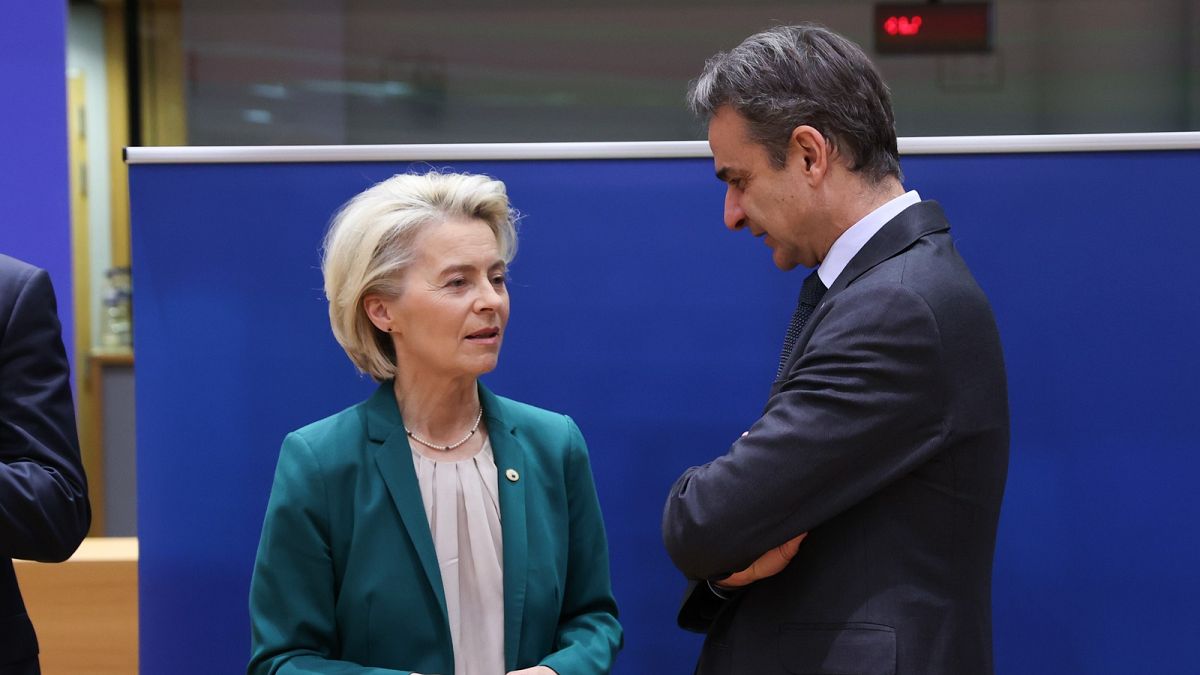Following the recent elections to the European Parliament, leaders from the 27 member states of the European Union are gearing up to negotiate the bloc’s political leadership for the next five years. The key positions at stake include President of the European Commission, President of the European Council, and High Representative for Foreign Affairs and Security Policy. The distribution of these roles is supposed to be based on election results, as well as considerations of political, geographical, and gender balance.
Ursula von der Leyen, the current president of the European Commission, is seeking re-appointment for a second term. She is expected to recuse herself from a meeting where leaders will discuss the top jobs in the EU. Despite her presence during an initial session with European Parliament President Roberta Metsola, von der Leyen will not be part of the subsequent leaders-only dinner where the topic of discussion will be the bloc’s political leadership. This move has led to speculation due to von der Leyen’s strained relationship with European Council President Charles Michel.
The nominations for the key positions are expected to happen either on Monday or at a formal summit on June 27. Von der Leyen’s selection is considered almost guaranteed due to her popularity among European Council members. However, the confirmation of her nomination will require a majority vote in the European Parliament, which could involve negotiations with pro-European parties such as the Socialists, Liberals, and possibly the Greens. The presidency of the European Council is likely to go to the Socialists, while the Liberals are anticipated to take the High Representative position.
During the leaders’ dinner, choosing a candidate for the High Representative role could pose a challenge as two current members, Estonia’s Kaja Kallas and Belgium’s Alexander De Croo, are seen as viable contenders. Kallas and De Croo have been designated by the liberal political family to lead negotiations on their behalf. Representatives from various European political parties, including the EPP, Socialists, and Liberals, will be involved in the discussions to secure support for their preferred candidates. The outcome of these negotiations will shape the EU’s political landscape for the next five years.










